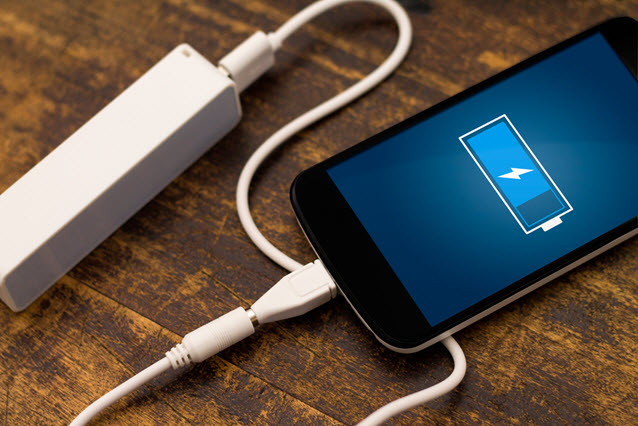How to Prevent Cell Phone Charging Accidents
Cell phone charging accidents are rare, but can they happen. When they do happen, they can cause serious skin burns, electrocution, property damage or more. This isn’t meant to scare you, but it’s important to understand the potential dangers that come with charging your phone irresponsibly.
Here’s what you need to know to keep you and your family safe.
1. Don’t use your phone while charging.
If you were to play games, research or listen to music while charging your cell phone, there’s a good chance that nothing will happen and you’ll be completely safe. But there’s also a small chance that something bad could happen. To err on the side of caution, avoid using your cell phone while it’s charging. Charging a cell phone creates a lot of heat and using your phone while it’s charging can slowly raise the temperature of the phone, to the point where it could catch on fire.
The good news is that many newer cell phone batteries charge relatively quickly, so even if you don’t use your phone while it’s charging, you won’t be without your device for too long.
2. Don’t use a knock off charger.
If your original cell phone charger breaks, it might be tempting to buy a knock off version from a retail store or online. These chargers are often cheaper, but they can also be more dangerous when used with your phone.
An original cell phone charger that’s compatible with your phone has met certified safety standards. When you purchase a knock off charger, there’s no way to know whether this charger meets the same minimum standards required for your phone and there’s a chance that the charger might not even be compatible. Some off-brand phone charges are safe, but it’s hard to distinguish safe chargers from the ones that aren’t.
If you’re in a tight situation and must buy a non-original charger, read the label carefully to ensure the device is compatible with your cell phone. This also applies when purchasing a car charger.
3. Don’t overcharge.
Many people put their cell phones on the charger overnight before bed. But considering how some cell phone batteries are fully charged in about an hour, leaving your phone on the charger for eight hours could result in overcharging. Even if this doesn’t cause a fire, overcharging can damage your battery and reduce its efficiency. A damaged battery will drain more quickly throughout the day, forcing you to constantly keep your phone near a charger.
4. Avoid direct sunlight.
Direct sunlight might not be an issue when charging your phone in the house. If you’re charging your phone in the car, however, make sure you keep it away from direct sunlight. Between the sun and the temperature rising inside the car, the phone could overheat. If possible, position an air vent toward your phone to keep it cool. This not only prevents overheating, it can stop the battery from exploding. Also, if you’re charging your phone in the car, consider temporarily removing your phone case to help keep the device cool.
Cell phones use a lot of power and generate a lot of heat. Under certain conditions, it’s possible for its battery to explode or catch on fire. By recognizing situations that could trigger a fire, you can protect yourself and avoid serious injury. Luckily, these types of incidents don’t occur often. Even so, don’t think it can’t happen to you – it’s better to be proactive and safe than regret a bad decision later on!
